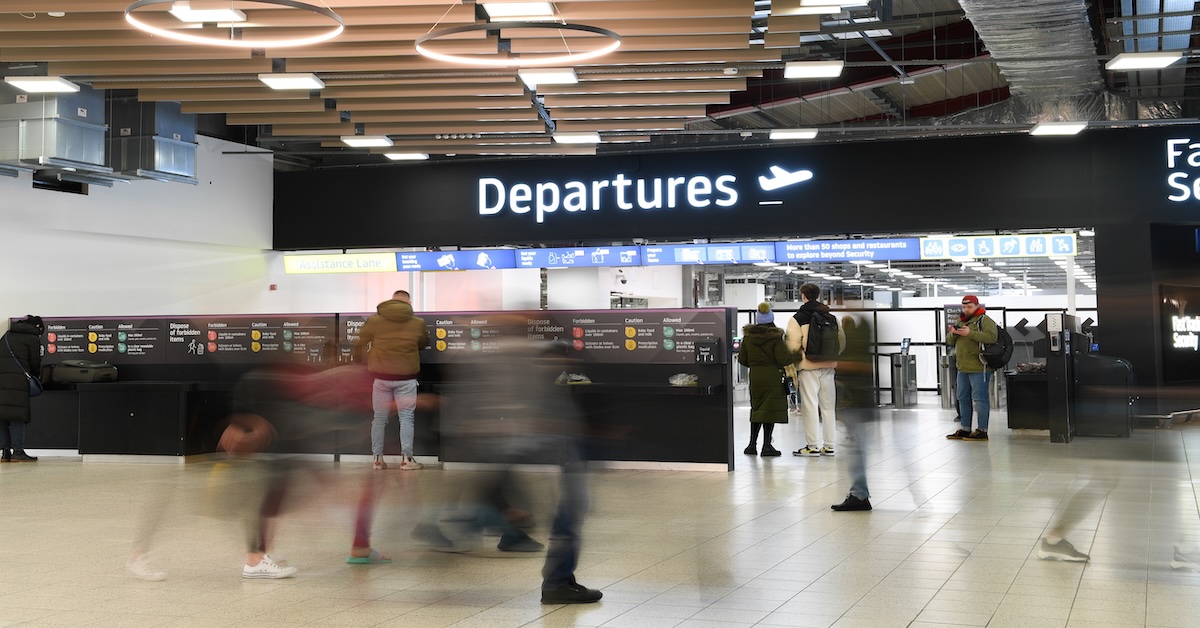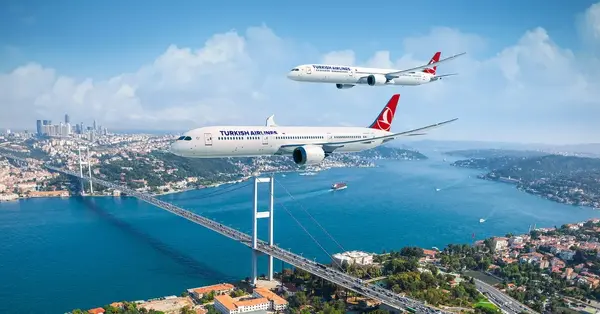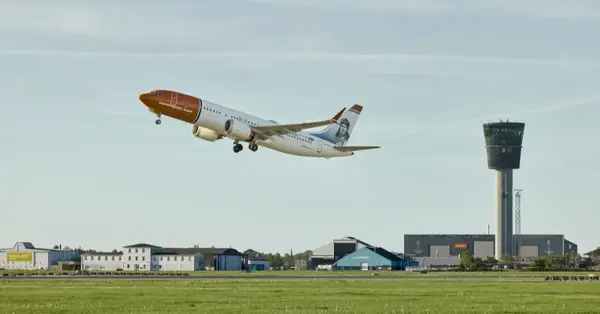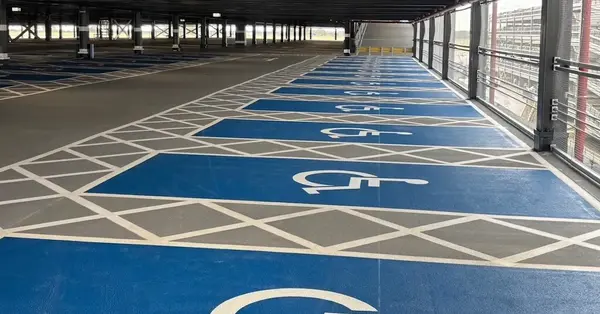You are viewing 2 of your 2 free articles
Staying on top of digital security is vital
Airports cyberattack highlights need to protect tech systems, says Travel Weekly’s Lucy Huxley
There has been a lot of discussion around the role artificial intelligence will play in the travel trade and the opportunities and threats it presents.
That was certainly the case at our recent Future of Travel Conference, where speakers debated what impact it will have on operations and frontline staff in particular.
While AI is certainly a topic that will continue to spark debate and its fair share of concern, it is certainly not the only technological challenge facing the sector.
Last weekend’s cyberattack, which affected operations at Heathrow and other European airports, was the latest example of how a relatively small number of ‘bad actors’ can seriously impact businesses.
And with the travel industry reliant on seamless interactions across a global supply chain, even fairly isolated incidents can have severe effects on often stretched infrastructure.
The headlines in the national media understandably focus on attacks on businesses of scale, with Marks & Spencer and Jaguar Land Rover among those recently in the headlines. But there is no room for complacency among smaller firms, which can be equally tempting targets and whose systems may not be ready to cope with ever-more sophisticated attempts to disrupt.
Implementing effective digital security may seem daunting, but taking steps to educate staff and train them to avoid falling victim to scams and attempts to breach systems can help protect businesses. Very few companies have the ability to ride out periods of inaction, and with tougher trading conditions on the horizon, the need for constant digital vigilance is more important than ever.


















